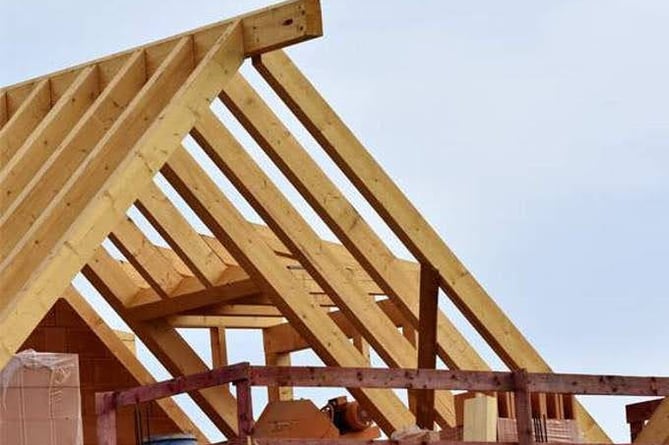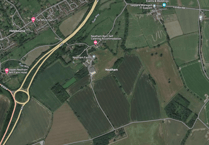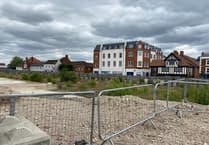The government has written to Waverley Borough Council threatening to take away its power to make planning decisions locally because of its poor performance determining applications on time.
The council has failed to meet the government’s target of determining 70 per cent of non-major planning applications – proposing ten or fewer dwellings – within eight weeks, over the two years to September 2022.
This places Waverley’s under-pressure planning department among the worst-performing local authorities in the country – a distinction it shares with merger partner Guildford Borough Council.
As a result, the Department for Levelling Up, Housing and Communities (DLUHC) has written to Waverley demanding an explanation and a description of its plans to speed up the processing of planning applications.
The DLUHC will take Waverley’s response into consideration when deciding what action, if any, to take, with the possibility of ‘designating’ Waverley for special measures.
If the council is designated, applicants could apply directly to the Planning Inspectorate, cutting out Waverley’s planning department, and locally-elected councillors, altogether.
The council has blamed the current delays on the pandemic, when there were more building and development applications than usual after the lockdowns, as well as “teething issues” with a new IT system and a nationwide shortage of planning officers.
An influential opposition Tory councillor, Carole Cockburn, also complained Waverley's planning department had been left confused and rudderless by the sudden departure of its chief officer, Zac Ellwood, last autumn – exacerbating planning delays.
But addressing the latest threat of 'special measures' this week, councillor Liz Townsend, Waverley portfolio holder for planning and economic development, says the council’s planning performance has improved significantly in the subsequent 12 months.
She said: “Over the past year we have worked extremely hard to review and streamline our internal processes and this has resulted in a significant uplift in planning performance.
“The most recent data available shows that during the period July 2022 to September 2022, more than 88 per cent of non-major applications were determined within the allotted time.
“In addition to this, we continue to make considerable headway in reducing the backlog that had built up during the pandemic.”
Cllr Townsend continued: “The council will be making the strongest case possible, that ‘designation’ is not appropriate and could actually be counter-productive to sustaining and improving on the gains in planning performance we have achieved over the past year.”
What do 'special measures' mean?
If a council's planning department is designated for special measures by the government, it means the government has determined that the council is not meeting the required standards for processing and determining planning applications.
In such a situation, the government may appoint an independent inspector to take over the responsibility of determining planning applications in the area. This is done to ensure that planning applications are being determined in a timely, efficient, and appropriate manner.
It is possible that more applications may be granted planning permission as a result, as the government-appointed inspector may have different priorities, standards and processes than the local council. However, it's also possible that they may be more strict and less applications may be approved.
The inspector would still be required to take local planning policy into consideration when making decisions on planning applications. However, they may interpret and apply the policy differently than the local council or councillors.




